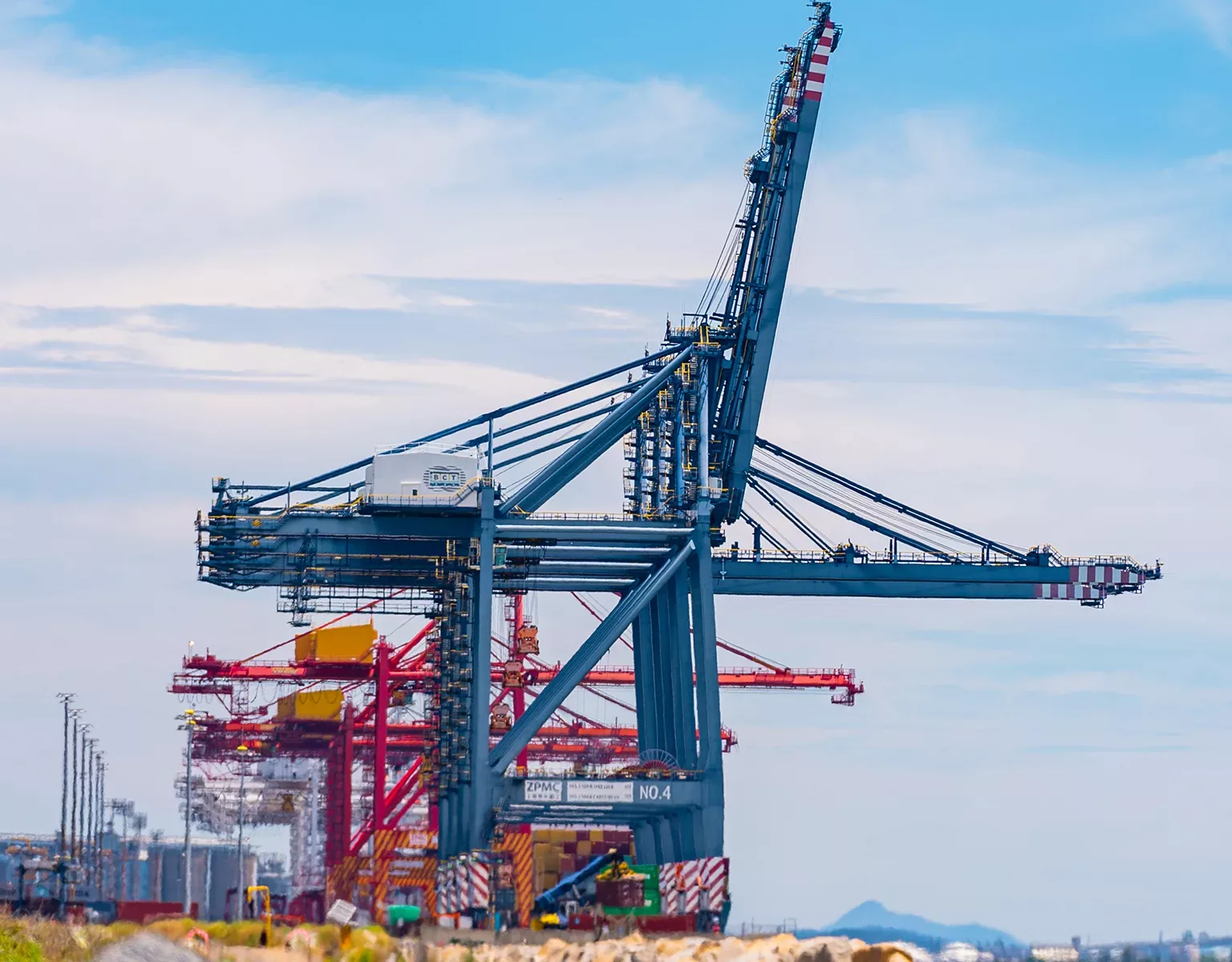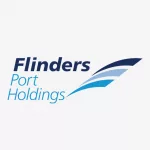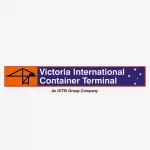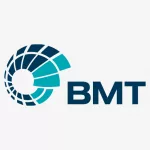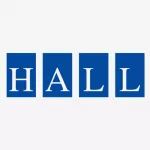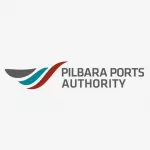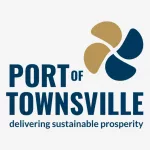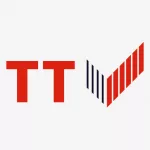- Q&A WITH PORTS AUSTRALIA
- Could you provide us with a brief insight into the organisation’s history and Ports Australia’s membership?
- What is your current take on the ports sector across Australia?
- On the topic of sustainability, could you outline some of the key ways in which the association Is working towards a more sustainable Australia? Are there any projects you would like to highlight in this regard?
- Can you tell us more about your recent WSCAM initiative?
- In terms of social sustainability, could you touch on why it’s important for Ports Australia to acknowledge the Aboriginal and Torres Strait Islanders peoples of Australia?
- Looking ahead, what are some of Ports Australia’s key priorities for the immediate future?
- PORTS AUSTRALIA PARTNERS
Q&A WITH PORTS AUSTRALIA
Could you provide us with a brief insight into the organisation’s history and Ports Australia’s membership?
What is your current take on the ports sector across Australia?
On the topic of sustainability, could you outline some of the key ways in which the association Is working towards a more sustainable Australia? Are there any projects you would like to highlight in this regard?
Now, we are looking at a host of projects, from decarbonisation through to noise pollution, and particularly considering emissions incentive schemes since shore power is a big issue here. We really work right across the whole board in terms of environmental issues.
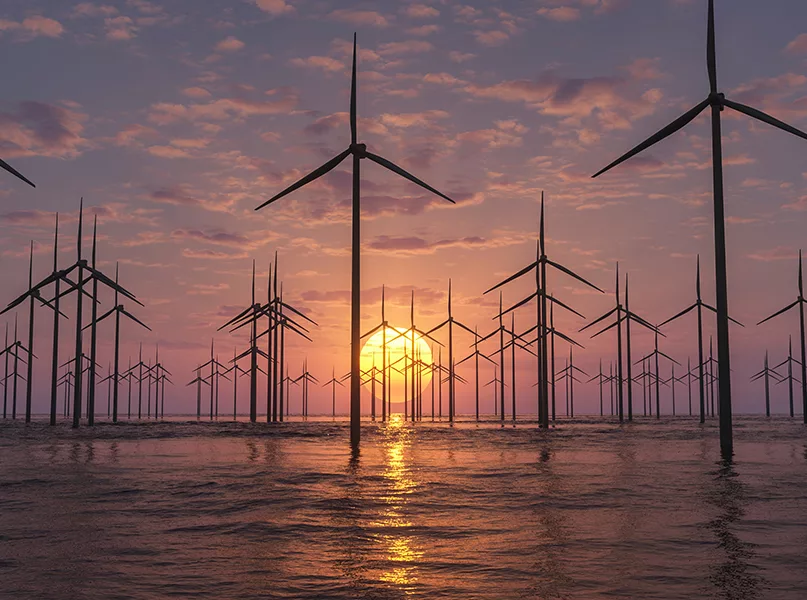
Can you tell us more about your recent WSCAM initiative?
MG: This has been a big area of investment for us and to our understanding, there is very little like it anywhere else in the world. What that shows is that as an organisation, we are prepared to invest in the development of technology or identifying the areas of technology that will make wharf structures last longer, but doing so in a way that they maintain safety and standards that are consistent right across the board. Commercially speaking, obviously it’s an advantage to ensure those assets last as long as they can, but this is all done through a prism of sustainability to ensure that we’re not wasting resources.
WSCAM has been launched here in Australia, but it’s also a tool that can be rolled out globally to say that if you’re running assets in the marine environment, you need to be aware of their condition, not only for the safety of your workers and those coming to your site, but also to guarantee their longevity. We are proud that we have developed such a tool. Its actual creation took place many years ago, but it has had to be revisited due to advances in technologies, including drones, and the growing understanding of alternative materials being used within the ports. It’s not only about promoting sustainability, but also assisting ports, governments and other institutions that have structures in the marine environment. We are giving them a guideline to understand what is accepted within our sector concerning the conditions of assets.
In terms of social sustainability, could you touch on why it’s important for Ports Australia to acknowledge the Aboriginal and Torres Strait Islanders peoples of Australia?
MG: We are very fortunate in that all of our ports obviously operate on traditional lands, and for many of these regional communities, it’s not just about our relationship in terms of the sustainable use of that land, but also how we can engage with the local Indigenous community to have them become more involved. This might include working with those communities with reconciliation action plans whereby we work closely with them in relation to its development, but it also involves employment opportunities as well. We work with the Traditional Owners of the land to identify ways in which we can get, not just young Indigenous members of the community involved in the ports with skills and access to training, but also the wider community. So, it’s extremely important to us. In any area that we work in, we begin by acknowledging the Traditional Owners of the land, and the same applies to the beginning of any formal meeting that we participate in. I think that in itself is an indicator of the level of respect that we have for these communities.
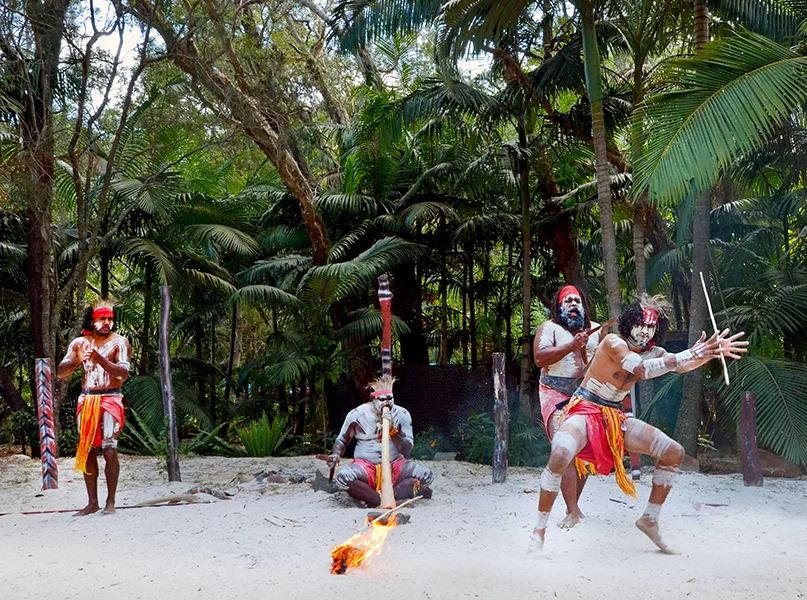
Looking ahead, what are some of Ports Australia’s key priorities for the immediate future?
In terms of our external priorities, we are also looking to do more work with opportunities in the wider community to ensure that people are aware of what we are doing. As an example, this year I will be presenting in the Solomon Islands and later New Zealand as part of our South Pacific Members Programme; ports are one of the two critical pieces of infrastructure, (ports and airports) that are crucial for our region’s prosperity, including Australia’s. We are encouraging Pacific nation ports to join us, share knowledge and build understanding across Oceania of the challenges that are confronting all of us with global issues such as climate change. Here, we will be addressing what we can do to assist them, and how we can help them with access to training and workplace safety. We approach this in a way that isn’t centred on a commercial perspective – we don’t do it to purely increase our membership. We are interested in their knowledge and building that level of interaction to develop a regional relationship.
Internally speaking, it’s all about making sure that we continue to deliver a quality service to our members by providing them with access to the latest information and investment in research that we possibly can. In September 2023, we will be holding a business and operations conference in Geelong, Victoria which is centred on innovation and investment through the lens of sustainability and how we can make our assets work together better, smarter and for longer, doing so in a way that brings the community’s best interests with us. A major focus of this is the investments that are being made in new energy with offshore wind turbines and what that will mean for the ports sector going forward, since we will be critical in a logistical sense. Offshore wind is the next chapter for us and how we are going to make that happen.
We will also be looking at the issue of cybersecurity and the threat that poses to critical infrastructure such as ours. In doing so, we will be following a similar approach to how we have handled the topic of sustainability, ensuring that people understand the methodology and what practices are in place to protect all of us and protect the supply chain.
We are continuously on the go because there are so many issues that we as an organisation have to manage. Challenges will always come towards us, but the good thing is that we have undergone the aforementioned 12-month examination by an independent government body and that has confirmed that all parts of our organisational structure are performing in a healthy way. I think it’s a good sign for us going forward that we have the support of the country to get on and get the job done.
PORTS AUSTRALIA PARTNERS




